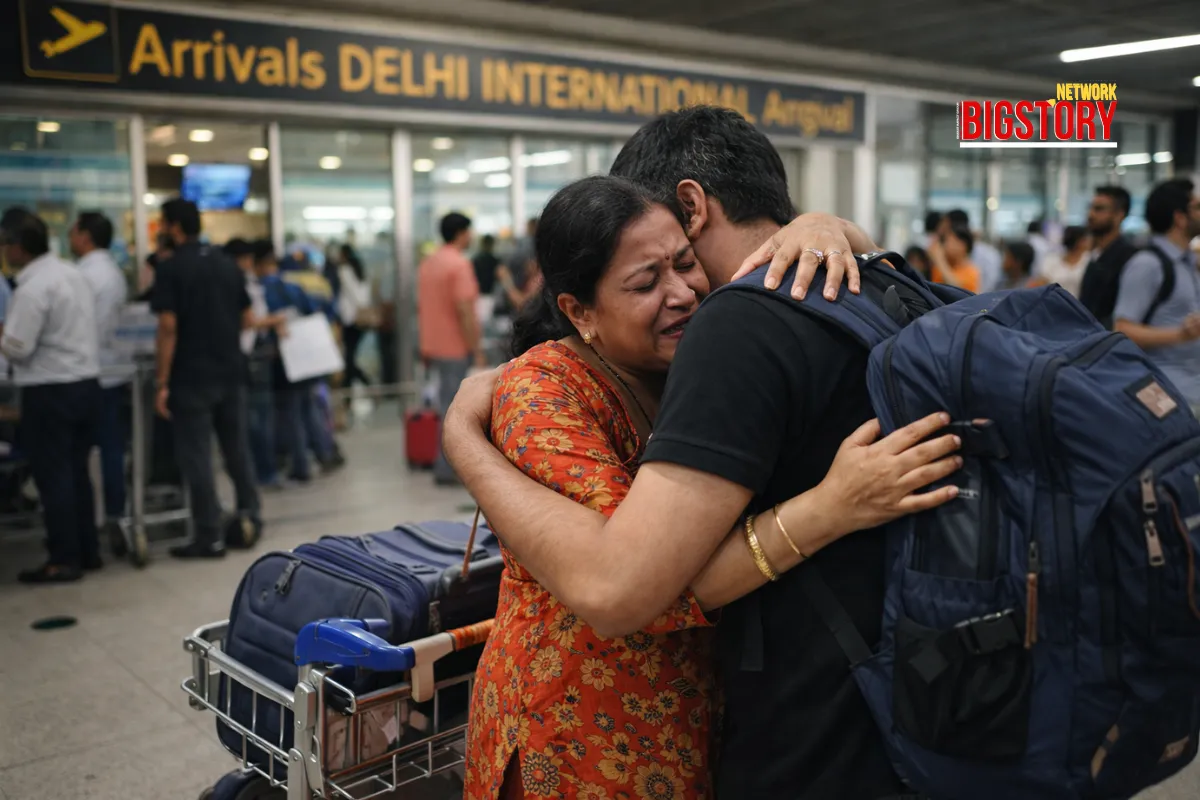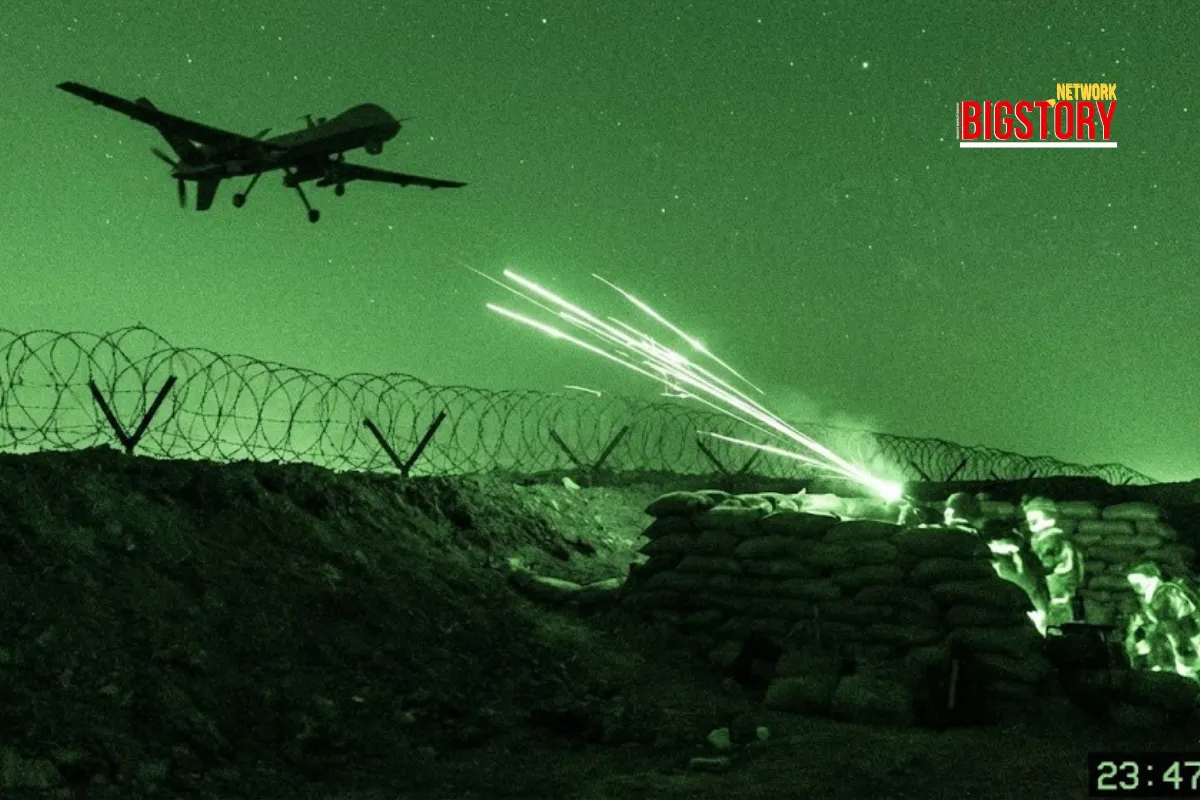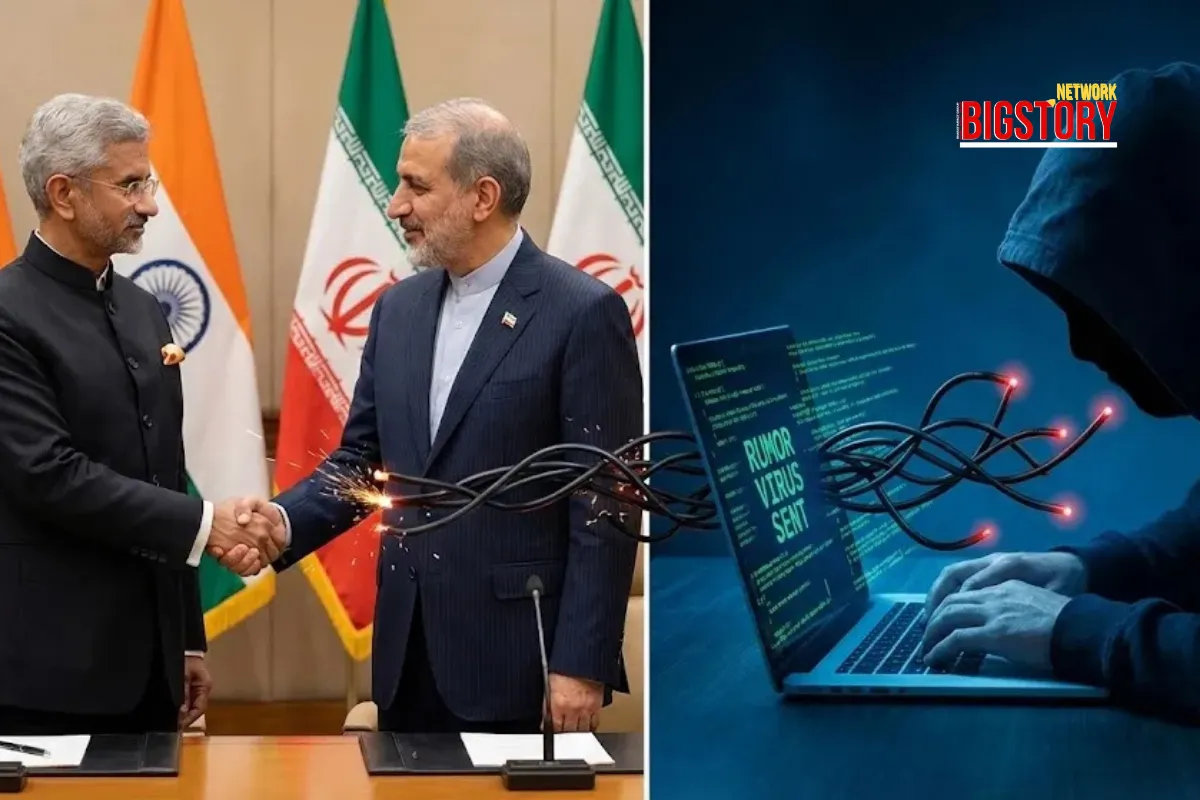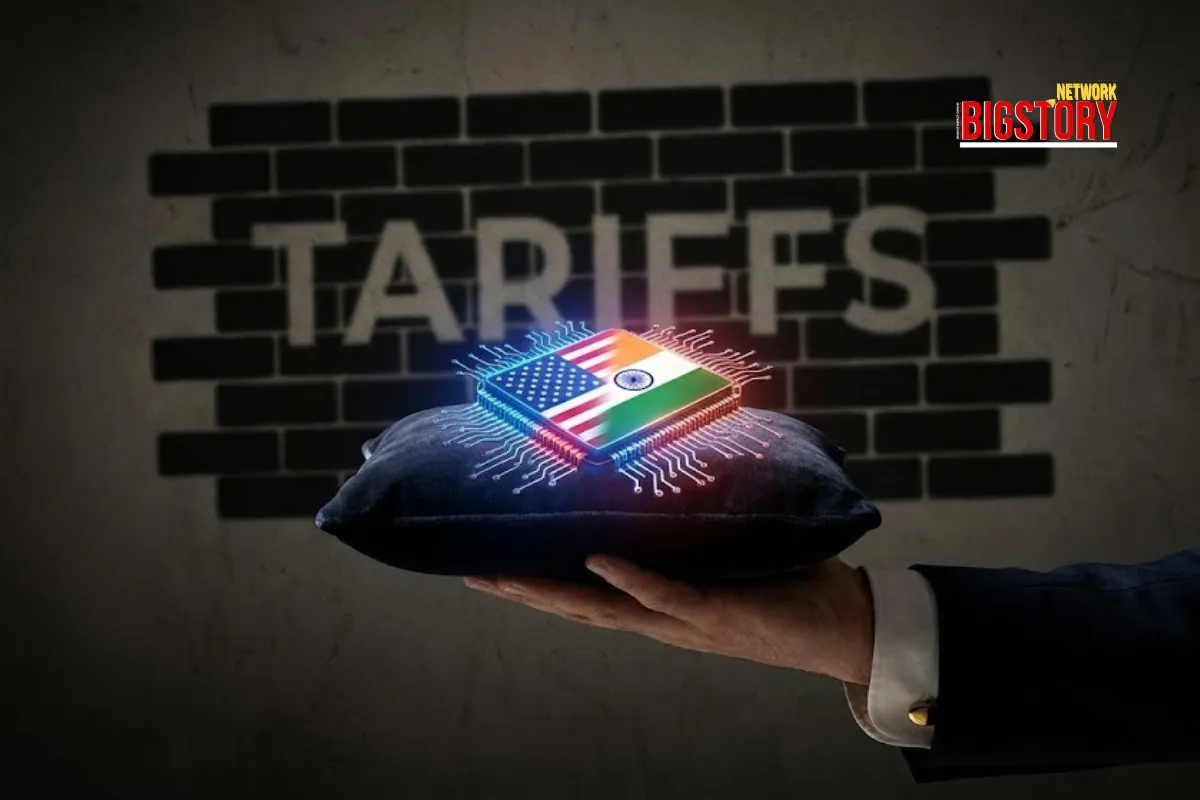Pakistan lodges formal protest after Taliban government endorses India’s sovereignty over Jammu and Kashmir in a joint statement with Jaishankar, amid deadly border clashes
 Sseema Giill
Sseema Giill
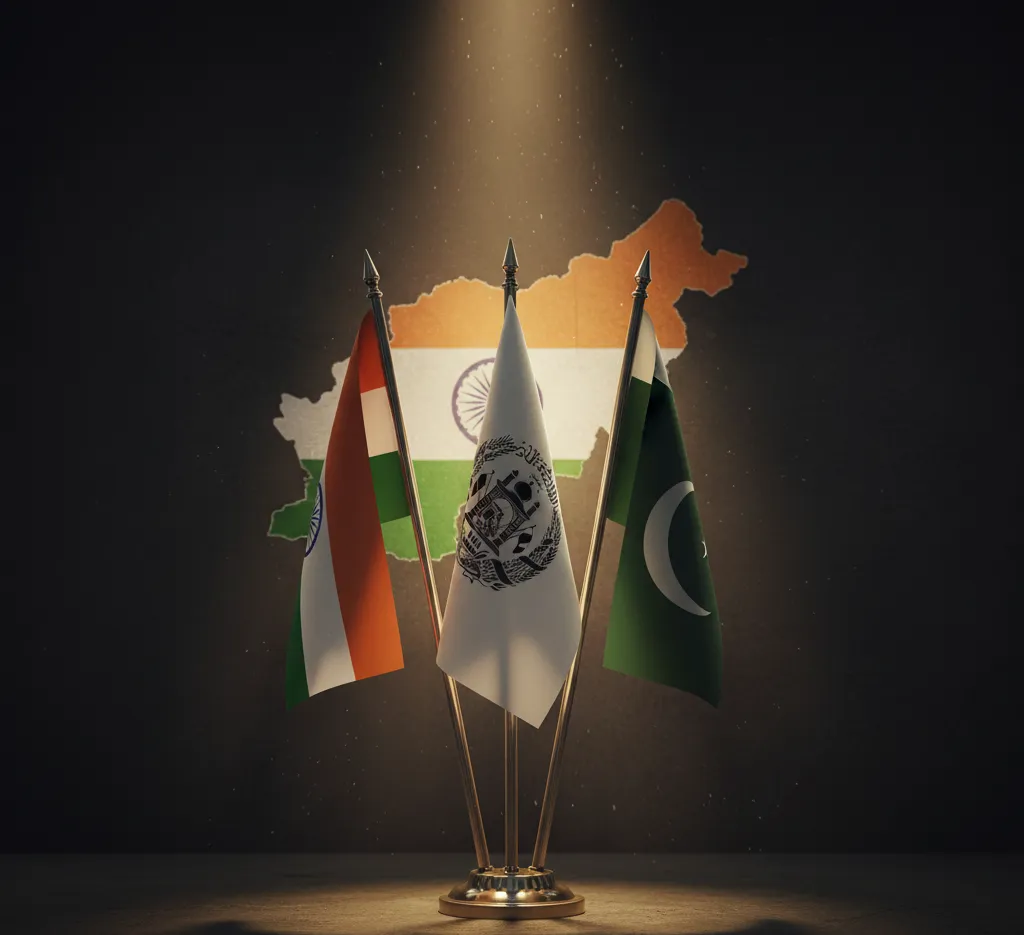
Pakistan lodged a strong diplomatic protest after Afghanistan’s Taliban government officially recognized India’s sovereignty over Jammu and Kashmir in a joint statement with External Affairs Minister S. Jaishankar. The unprecedented endorsement comes amid deadly border clashes between Pakistan and the Taliban along the Torkham frontier, signaling a potential geopolitical realignment in South Asia.
The diplomatic storm broke on October 10, 2025, when Afghan Foreign Minister Amir Khan Muttaqi and India’s S. Jaishankar issued a joint statement affirming “mutual respect for sovereignty and territorial integrity.” In it, Afghanistan explicitly recognized Jammu and Kashmir as part of India, marking the first time the Taliban regime has taken such a position since returning to power in 2021.
The move triggered immediate backlash in Islamabad, with President Asif Ali Zardari declaring:
“Pakistan will never accept any disputed or misleading position on Jammu and Kashmir. The Taliban have turned away from the just struggle of the oppressed people of Indian Illegally Occupied Jammu and Kashmir.”
Muttaqi, however, was blunt in his response to Islamabad’s outrage:
“We want friendly relations with India as well as with Pakistan, but if Pakistan wants to use military action, they are inviting trouble.”
Within hours of the statement’s release, Pakistan’s Foreign Ministry summoned the Afghan ambassador to lodge what it called a “strong reservation” over the Kashmir reference. Islamabad termed it a violation of UN Security Council resolutions and accused the Taliban of abandoning the “Muslim Ummah.”
Interior Minister Mohsin Naqvi warned of “a befitting reply,” while the Pakistani military accused India of using “Afghan proxies” for terrorism on Pakistani soil. Lt. Gen. Ahmed Sharif Chaudhry said the army had “evidence of Indian operations from Afghan territory.”
India welcomed the joint statement, noting that it reflects “geographic reality” — the 106 km border Afghanistan shares with Pakistan-occupied Kashmir. Jaishankar underlined India’s commitment to Afghan reconstruction and humanitarian aid.
The Taliban, meanwhile, stood firm. Muttaqi reiterated that the statement was based on “mutual respect” and accused “certain elements in Pakistan” of sabotaging peace.
Even as diplomatic tensions escalated, clashes broke out on October 11–12 along the Pakistan-Afghanistan border.
The Taliban issued a chilling warning through its spokesperson:
“If Pakistan wants war, they will get war. But if they want peace, they will get peace too.”
Saudi Arabia and Qatar have since intervened as mediators, leading to a temporary pause in hostilities.
For decades, Pakistan expected Taliban-ruled Afghanistan to echo its stance on Kashmir. But this shift reflects Kabul’s growing strategic pragmatism:
Experts say this could reshape the regional security calculus, weaken Pakistan’s traditional influence, and open new channels of India-Afghanistan cooperation.
The controversy began after the Taliban government in Afghanistan recognized India’s sovereignty over Jammu and Kashmir in a joint statement with Indian External Affairs Minister S. Jaishankar on October 10, 2025. This marked the first time the Taliban took such a stance, leading to strong protests from Pakistan.
Kashmir has been a longstanding dispute between India and Pakistan. Historically, Pakistan has expected Afghanistan — especially under Taliban rule — to support its position. By siding with India, the Taliban have signaled a major diplomatic realignment in South Asia.
Pakistan’s Foreign Ministry summoned Afghanistan’s ambassador and lodged a formal protest. President Asif Ali Zardari and Interior Minister Mohsin Naqvi condemned the statement, calling it a betrayal of the Kashmiri cause. The Pakistani military accused India of using Afghan soil for anti-Pakistan operations.
Afghan Foreign Minister Amir Khan Muttaqi defended the statement, saying it was based on mutual respect for sovereignty. He also warned Pakistan against using military action and accused “certain elements” in Islamabad of trying to sabotage peace.
India welcomed the Taliban’s recognition, calling it a reflection of “geographic reality.” New Delhi emphasized its role as a development partner in Afghanistan and reiterated that Jammu & Kashmir is an integral part of India.
Deadly clashes broke out along the Torkham border on October 11–12, 2025, shortly after the joint statement. Over 200 Taliban fighters and 58 Pakistani soldiers were reportedly killed. The Taliban issued a warning to Pakistan, escalating tensions further.
The Tehreek-e-Taliban Pakistan (TTP) operates from Afghan soil with around 6,000–6,500 fighters. Pakistan blames the Taliban for allowing TTP militants to attack inside Pakistan, adding another layer of security and trust deficit to the crisis.




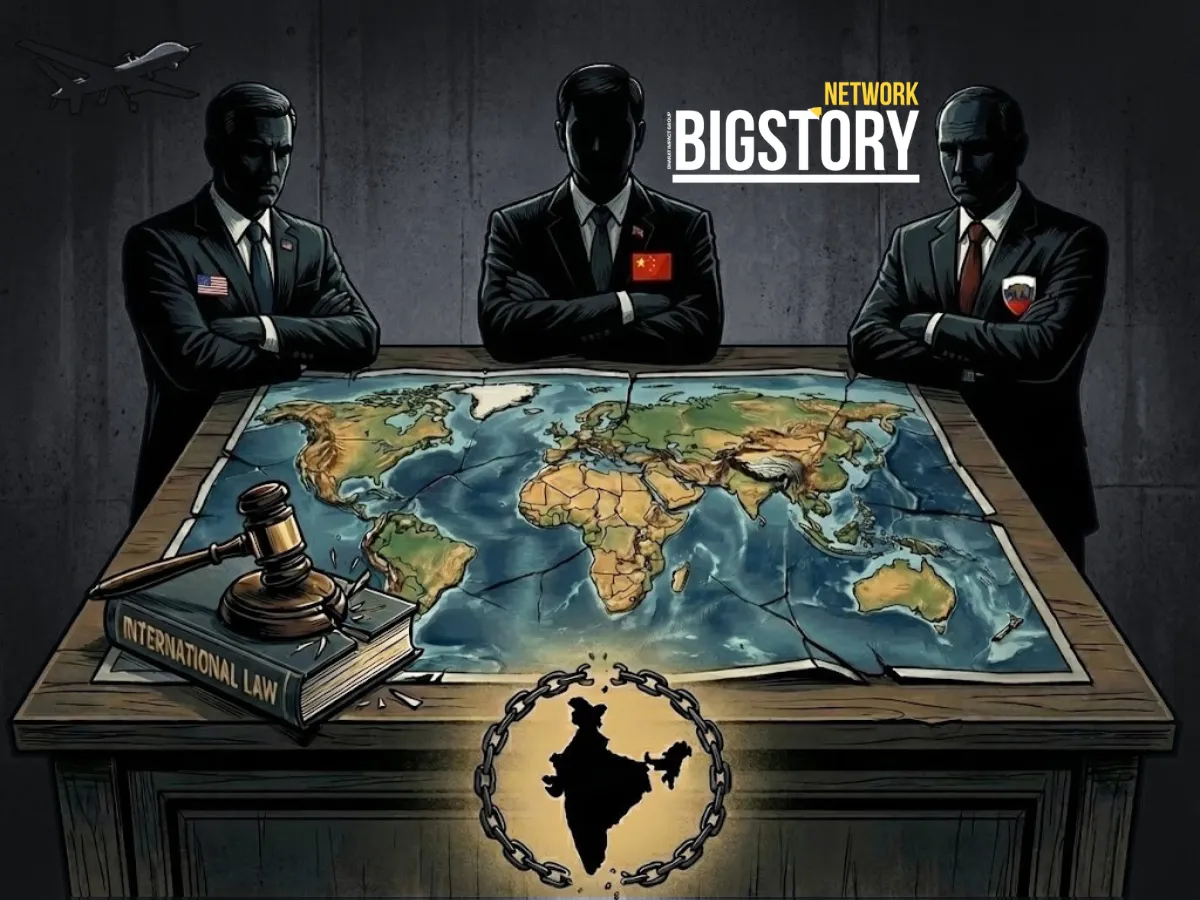
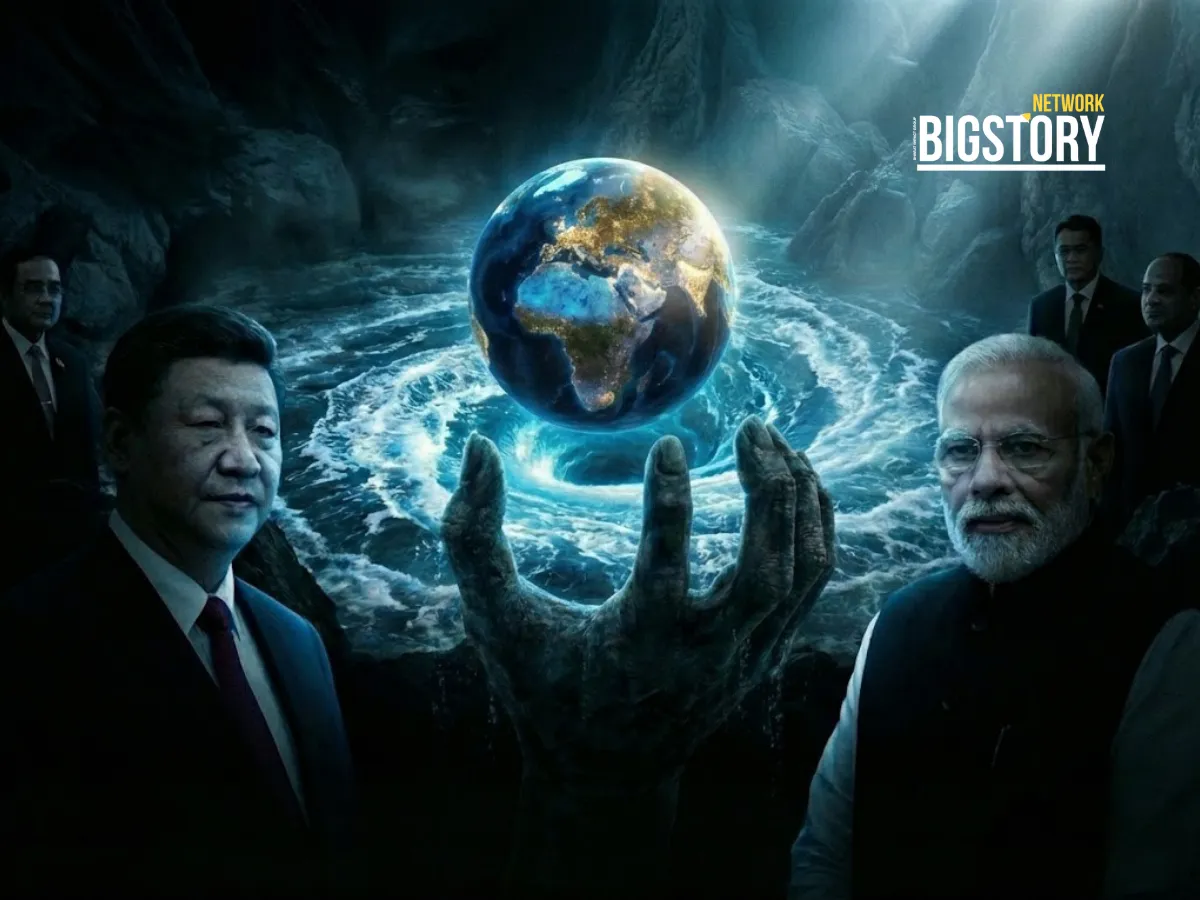
Sign up for the Daily newsletter to get your biggest stories, handpicked for you each day.
 Trending Now! in last 24hrs
Trending Now! in last 24hrs
